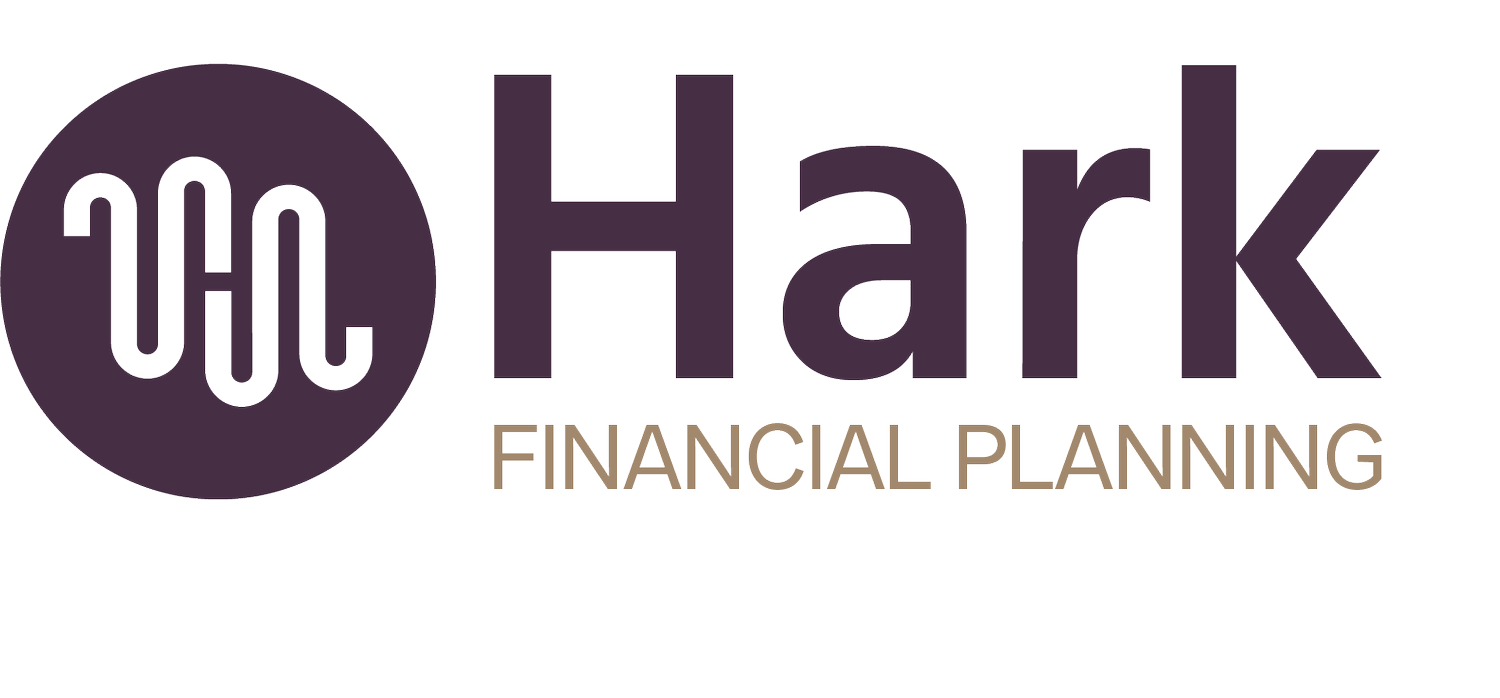Avoid These Tax Filing Mistakes: A Lawyer’s Guide to Maximizing Savings and Staying Compliant
Tax season can be overwhelming, even for lawyers who deal with complex legal matters every day. Whether you’re a law firm partner, solo practitioner, or self-employed attorney, tax filing mistakes can be costly—leading to unnecessary penalties, missed deductions, or a bigger tax bill than necessary.
The good news? Many of these mistakes are avoidable with the right strategies in place. Let’s walk through the most common tax filing errors lawyers make and how to avoid them before the deadline.
Missing Out on Key Deductions
Many lawyers leave money on the table simply because they don’t claim all the deductions available to them.
Commonly Overlooked Tax Deductions for Lawyers:
Continuing Legal Education (CLE) courses and certifications
Bar association and professional membership fees
Legal research tools (Westlaw, LexisNexis, AI legal tools)
Office rent, co-working spaces, and utilities
Home office deduction (if you qualify)
Client meals (50% deductible) and networking events
Business-related travel expenses
How to Avoid This Mistake: Go through your bank statements and receipts before filing to ensure you’re capturing all eligible expenses. If you use an accountant, make sure they’re aware of these deductions.
Not Maximizing Retirement Contributions Before Filing
If you’re self-employed or a law firm partner, you have until the tax deadline to make contributions to certain retirement accounts and still claim deductions for last year.
What Can You Still Contribute To?
Solo 401(k): Up to $69,000 ($76,500 if 50+)
SEP IRA: Up to 25% of net earnings, capped at $69,000
Traditional IRA: Up to $7,000 ($8,000 if 50+) (income limits apply)
How to Avoid This Mistake: Don’t assume it’s too late—check your contribution limits now and make last-minute deposits to reduce your taxable income.
Underpaying Estimated Taxes & Facing Penalties
Self-employed lawyers and law firm partners must pay estimated taxes quarterly. Failing to do so can result in penalties and interest at tax time.
Avoid These Common Tax Payment Mistakes:
Not setting aside enough throughout the year
Missing estimated tax deadlines (April, June, September, January)
Relying on last year’s numbers instead of adjusting for income fluctuations
How to Avoid This Mistake: Work with a tax professional to estimate the correct tax payments and set up automatic transfers to cover quarterly tax payments.
Not Separating Business & Personal Finances
Mixing business and personal finances is a common mistake among solo practitioners and self-employed attorneys. It can make tax filing a nightmare and increase audit risk.
Why This Matters:
You may miss business deductions if you don’t track them separately.
The IRS may scrutinize expenses that aren’t clearly business-related.
Poor record-keeping makes it harder to project cash flow and taxes.
How to Avoid This Mistake: Open a separate business bank account and credit card to keep business expenses organized. Use accounting software like QuickBooks to track spending and generate reports for tax filing.
Waiting Until the Last Minute to File
Many lawyers procrastinate on tax filing—but waiting too long increases the risk of mistakes, missed deductions, and filing penalties.
What Happens If You Wait Too Long?
You may not have time to find missing documents.
You could miss the chance to reduce taxable income (like with retirement contributions).
If you owe taxes, you’ll have less time to prepare for payment.
How to Avoid This Mistake:
Gather tax documents as soon as you receive them.
If you need more time, file an extension (but remember, an extension to file is not an extension to pay).
Work with a tax professional early to avoid last-minute stress.
Final Thoughts: File Smarter, Pay Less
Avoiding these tax mistakes isn’t just about staying compliant—it’s about keeping more of what you earn and making sure you don’t overpay.
Quick Recap:
Claim every deduction (CLE, bar dues, office expenses, business travel)
Max out retirement contributions before the deadline
Keep up with estimated taxes to avoid penalties
Separate business & personal finances for clean records
Don’t procrastinate—plan ahead for a stress-free filing
If you’re not sure whether you’re filing correctly or maximizing deductions, let’s talk. At Hark Financial Planning, we help law firm partners and self-employed attorneys take control of their finances, understand their taxes, and plan for long-term success.
Schedule a consultation today and make sure you’re filing the smart way.

